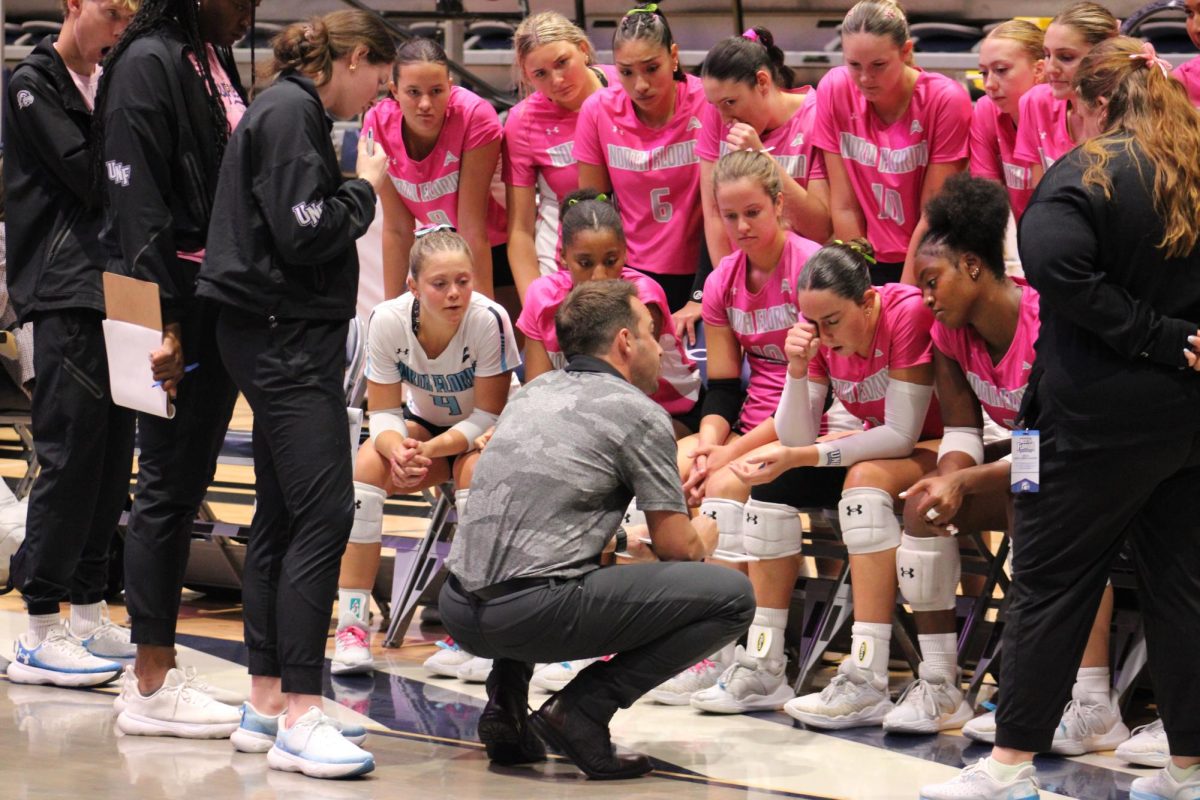Out-of-state students planning to gain Florida residency for the fall may have to change their plans after the Florida State Legislature’s announcement of the amended State Bill 1696. The law used to require students seeking a residency change to file a tax return in Florida or maintain legal residence in Florida for at least 12 months prior to qualification for the benefits of in-state tuition.
This means students could attend school under the out-of-state tuition rate for a year before making the switch. The amended law states that out-of-state students now need to provide evidence of permanent legal residency for purposes other than pursuing an education 12 months prior to initial enrollment in an institution for higher education.
There is an exemption for dependents of active-duty military, but most out-of-state students will now be forced to take a year off of school before they can qualify for in-state tuition.
The Office of Program Policy Analysis and Governmental Accountability has conducted three different reports relating to student residency since 2003. A House of Representatives staff analysis showed that one study found 25 percent of non-residents in state universities were classified as in-state residents by the end of a three-year period. School officials, in the wake of these statistics, are most concerned with the effect the new amendment will have on graduate programs.
“The bill’s impact will most likely be felt by out-of-state graduate students because they are usually not dependents,” said Janet Owen, vice president for governmental affairs at UNF. However, the legislator has given each university the flexibility to establish its own set tuition rate somewhere between the resident graduate tuition and the full out-of-state graduate tuition, for graduate students employed as graduate research or teaching assistants, Owen said. The rate depends on the university and will make graduate school cheaper for some out-of-state graduate students.















